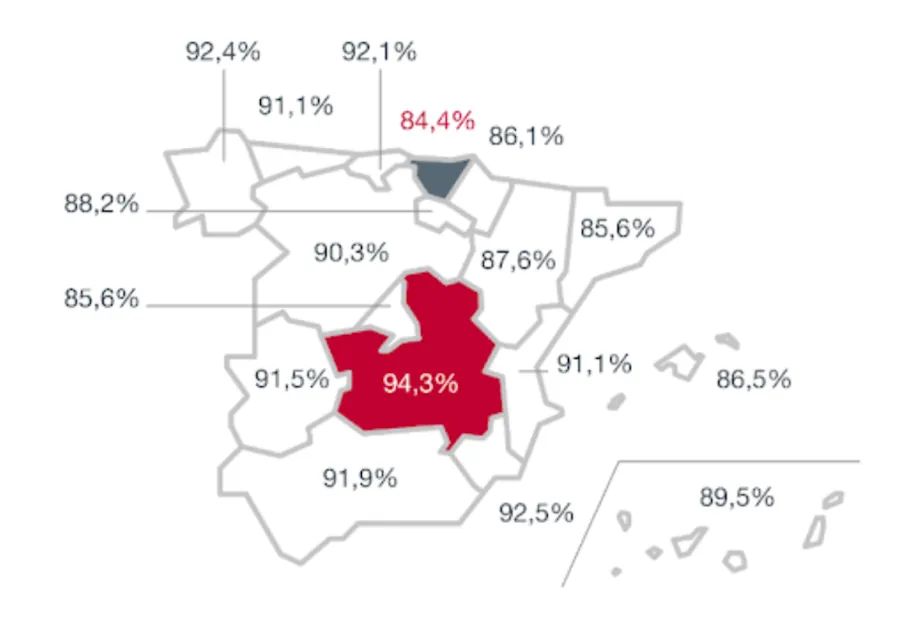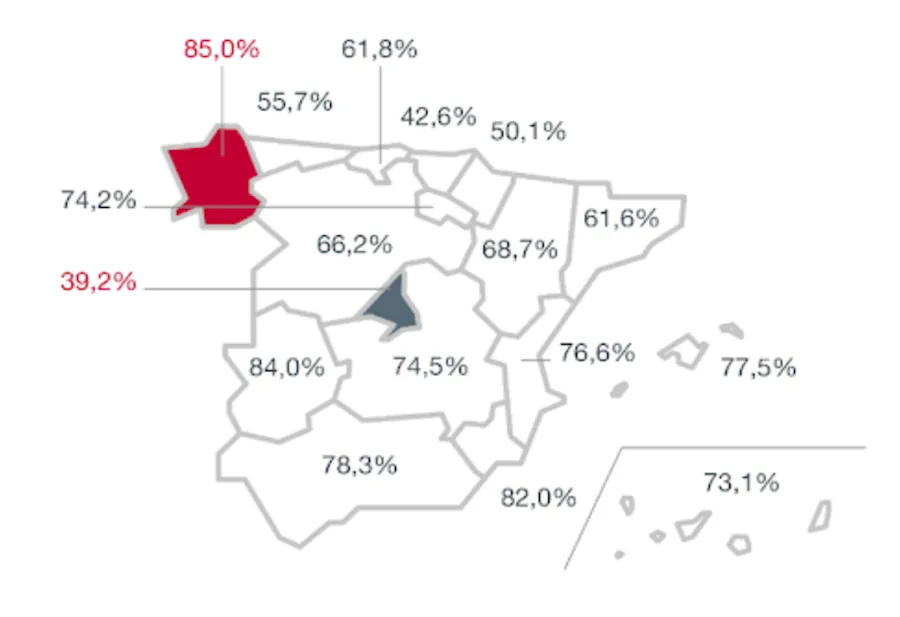Investments
in Companies with a Rich History and Strategic Potential for Future Growth
VIEW portfolioThe Spanish economy is one of the largest in Europe, and family businesses play a key role in it.
These companies provide a significant share of employment and impact many sectors, from agriculture and manufacturing to high technologies. Their resilience and diversity make family businesses in Spain particularly attractive to investors.
89 %
Share of family businesses among all private companies in Spain
67 %
Share of employment provided by family businesses in the private sector
57 %
Contribution of family businesses to the private sector GDP in the country
X-ray of a Family Business
sector view
COMPANY SELECTION

distribution by GDP

Reliable Investments with Growth Potential
Resilience to Economic Fluctuations
Family businesses in Spain demonstrate high resilience to economic crises. With flexibility in decision-making and strong relationships with suppliers and customers, they can quickly adapt to market changes.
Intangible Assets as Value
These companies possess valuable intangible assets, such as history, reputation, and strong community ties. This significantly increases the value of the business and represents an important part of the company’s capital.
Continuity and Stability in Management
Family businesses in Spain ensure stability through continuity in management, minimizing risks of sudden changes in strategy or leadership. This creates a solid foundation for long-term planning and business strengthening, which is especially important for investors focused on stable and predictable results.
Tailored Partnerships Begin Here
How does a family legacy become a profitable asset?
VIEW portfolioHow We Work
stage 1
Defining investment goals, establishing selection criteria for investment opportunities, identifying potential investment targets, and analyzing the financial health and investment attractiveness of companies.
stage 2
Conducting due diligence, assessing investment risks, analyzing macroeconomic and industry trends, evaluating the competitive environment, identifying and assessing risks specific to the investment project. Defining investment objectives, selecting optimal investment tools, and developing an action plan for executing the investment strategy.
stage 3
Determining the optimal jurisdiction, taxation, and deal structure, preparing documentation, and negotiating with sellers/owners of companies.
stage 4
Structuring the deal financing, securing loan funds, and seeking co-investors (optional).
stage 5
Legal support, ensuring compliance with deal conditions, advising on tax matters, and providing ongoing consulting.
stage 6
Monitoring the activities of companies post-investment, making decisions to optimize the investment portfolio.
